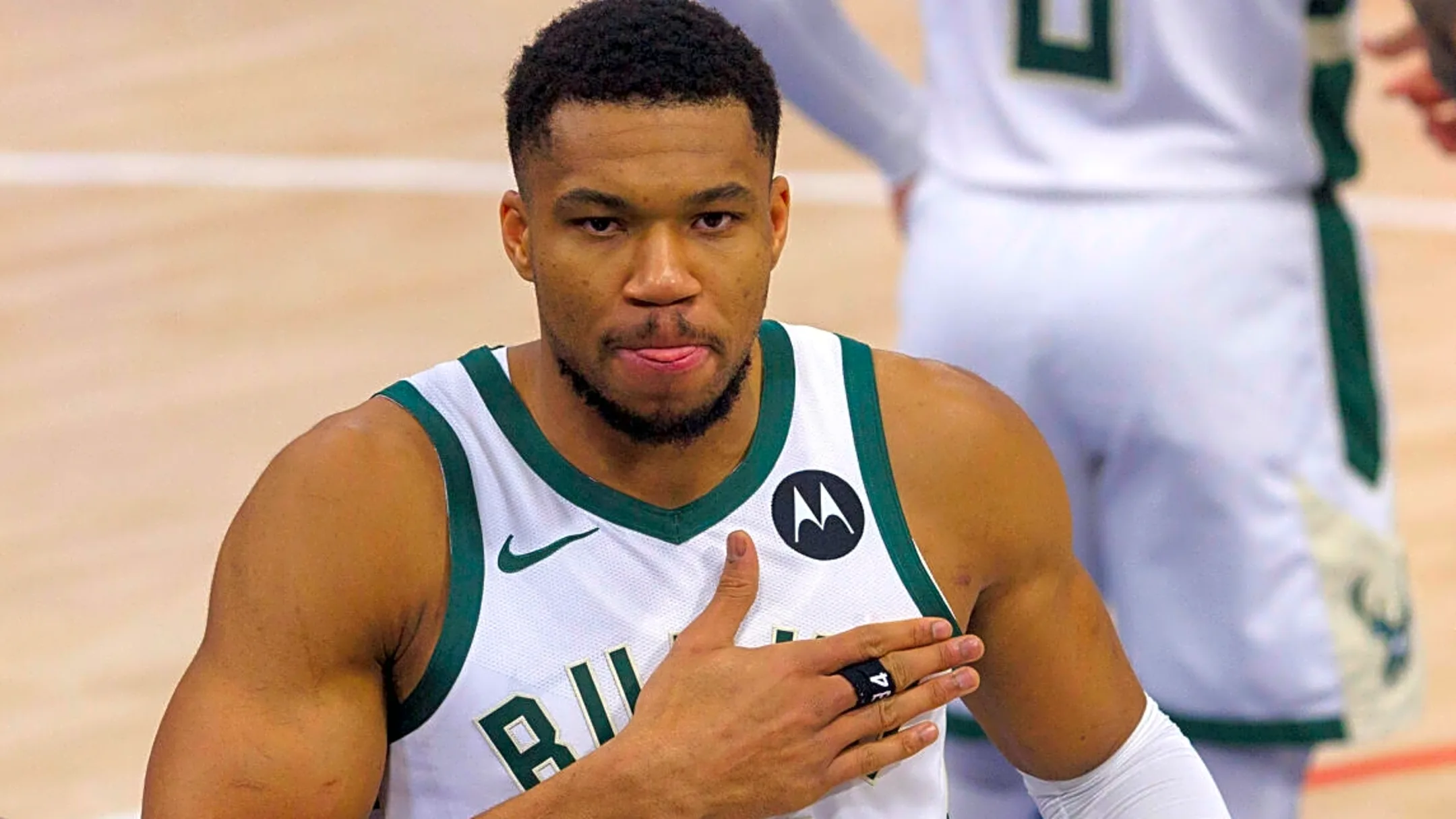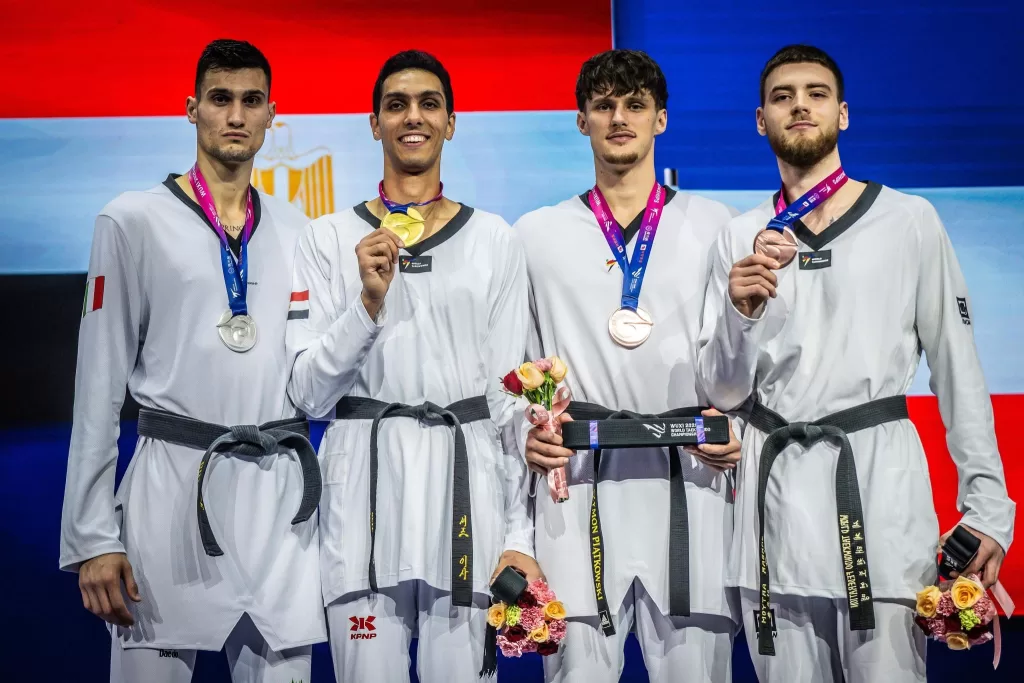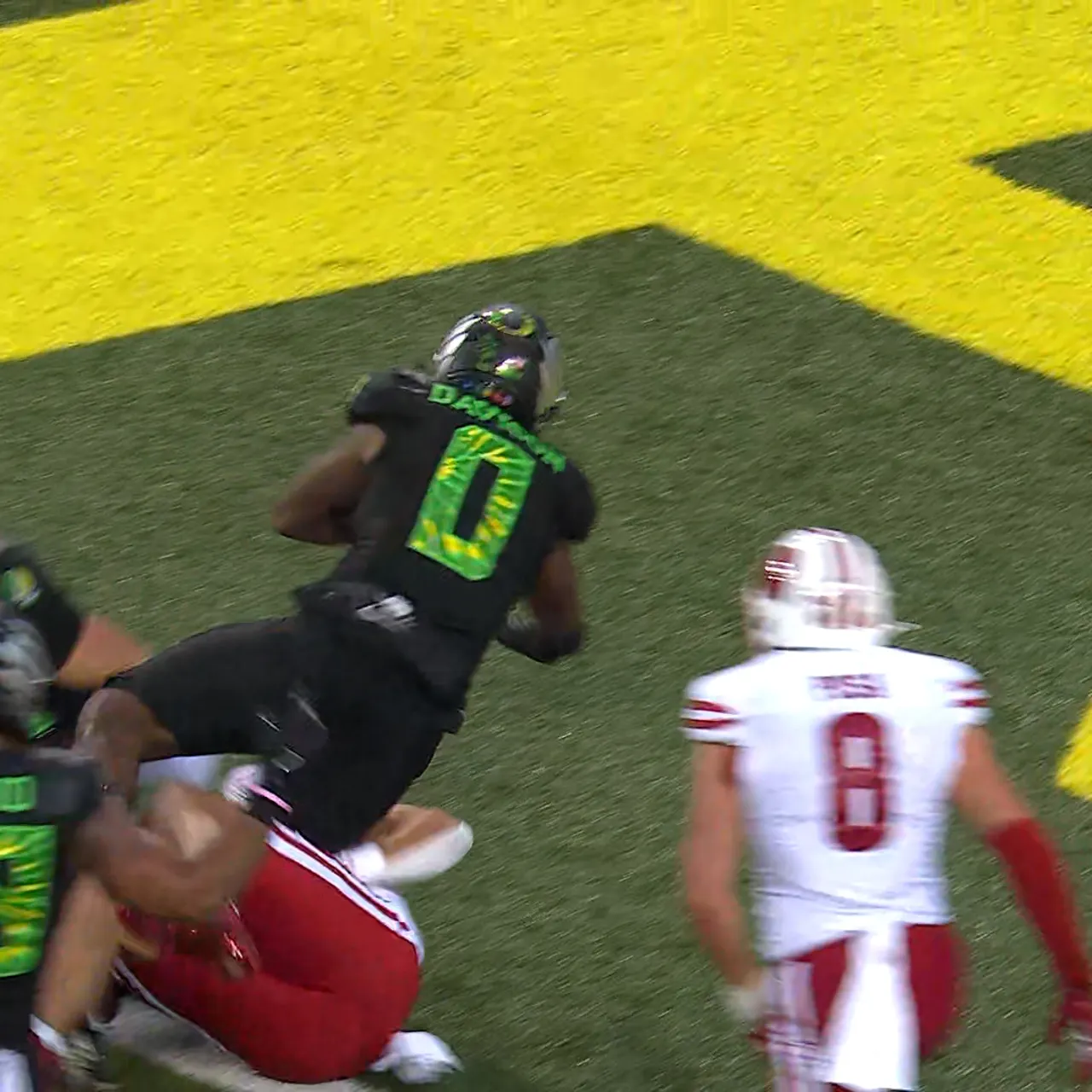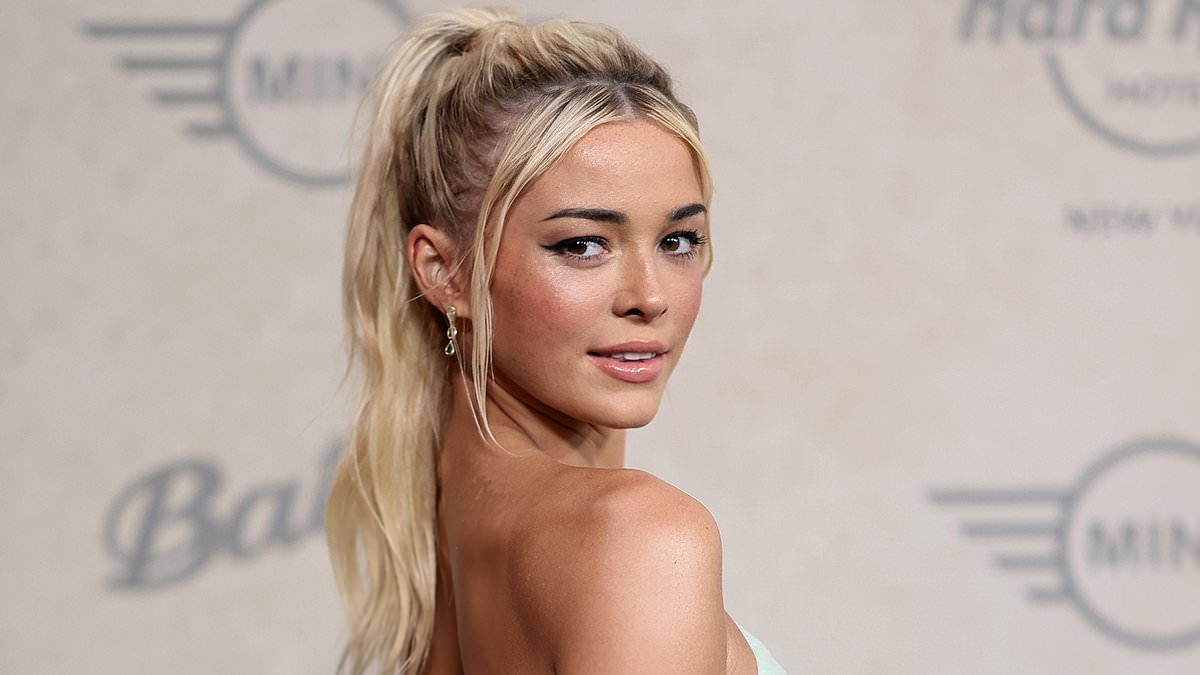Copyright New York Daily News
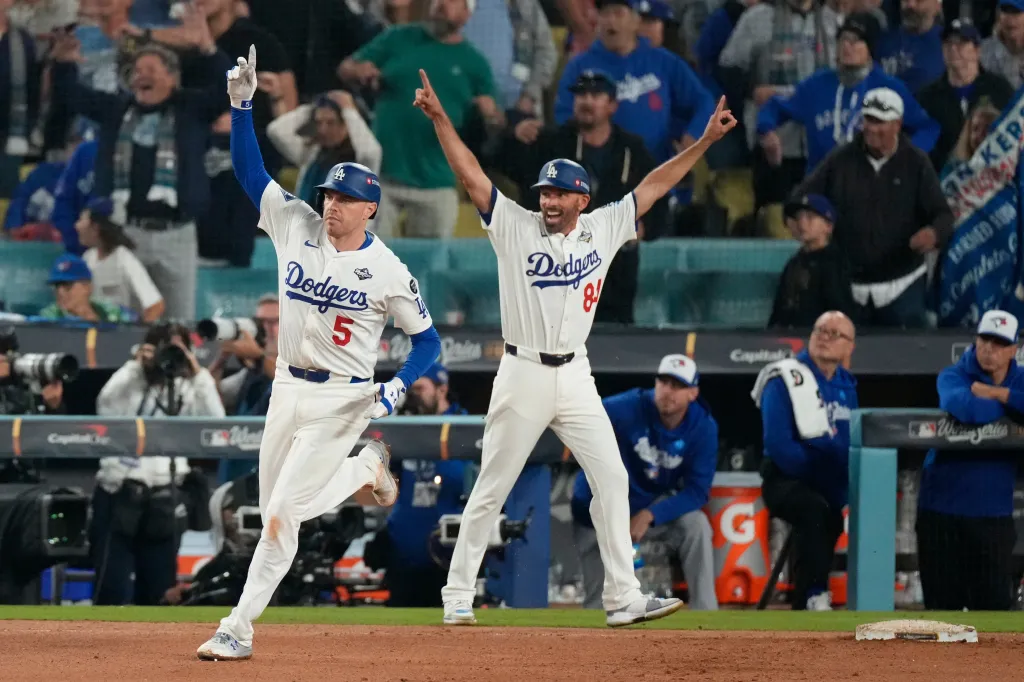
Of course it was Freddie Freeman who hit a historic World Series walk-off bomb. An eminently likable figure who has been one of the game’s faces since his rise with the Atlanta Braves. Born to Canadian parents but raised in nearby Orange County, the 36-year-old Freeman hit a walk-off grand slam in Game 1 of the World Series last year, taking his rightful spot alongside Kirk Gibson in team history. Freeman is also a flashpoint in a larger argument about the game. Freeman, Shohei Ohtani, Mookie Betts, Tyler Glasnow, Blake Snell, Yoshinobu Yamamoto, Roki Sasaki and his under-market contract — people would like you to believe they’re ruining baseball. Owners from around the league have long griped about the high-spending Dodgers, but with another lockout potentially looming next year, they’ve been putting out the narrative that the defending World Series champions are bad for the game. Why? The Dodgers and their deep pockets grab every elite player they can. They’re spending so much money that no other team could possibly keep up. Don’t believe everything you hear. There is no denying that there is a revenue disparity among the 30 MLB teams, especially now that the regional sports network model is all but collapsing. But between revenue sharing and national broadcast rights, teams have money to cover payroll each year. Some just choose not to invest in payroll. Clubs that skimp on payroll tend to invest more money and resources into their minor league systems. If you can develop talent, you can maximize their potential before having to pay them what they’re worth in free agency. The good teams, like the Dodgers, win with homegrown players and supplement with high-priced superstars. They can do this because of their TV contract, but also because they spend smartly. They’re able to create more revenue by putting a winning product on the field. While payroll can certainly be influenced by economic factors in each individual market, ultimately, it’s dictated by ownership, not market size. Payroll doesn’t guarantee a championship — just ask the Mets, who had the highest payroll in baseball this season, only to miss the playoffs. Money can only guarantee talent, but never wins. Those are never guaranteed. Maybe that’s why owners have become so risk-averse. They’d rather save the money and invest in the club’s overall infrastructure than in the big league product. Fans tend to be loyal no matter who is on the field, so what did it matter to the Braves when they let Freeman walk in free agency? What did it matter to the Boston Red Sox when they dumped salary on the Dodgers not once, but twice in a span of eight years? Fans will still show up, pay $8 for a beer, buy merchandise from the stores and tune in at home. Sure, it would have been harder for the small-market Tampa Bay Rays to keep Snell or Glasnow, but they opted not to. The Los Angeles Angels, just down the freeway from the Dodgers, could have paid Ohtani. Somehow, the Dodgers have become the villains. Not the Yankees, a franchise valued at north of $8 billion. Not the Mets, who have the richest owner in the game. Certainly, not the lowly A’s, who are playing what can only be described as purgatory for the next few years: A minor league ballpark in Sacramento, where the foothold for fandom is there, but not nearly as strong as it was in Oakland, biding time before they move to Las Vegas, where nobody really wants them. Really, it’s the owners who are the villains in this dynamic, not the MLBPA. If Bob Nutting, the owner of the Pittsburgh Pirates, could start a GoFundMe to pay for a contract extension for Paul Skenes, he probably would. In fact, many owners would probably happily allow fans to chip in for contracts. Technically, the fans are already doing this by patronizing their ballparks, buying their concessions and paying exorbitant rates to park in their lots. The cost of even going to games is rapidly rising, yet it never seems to be enough. I’m not proposing any solutions to the looming labor battle. We can debate the merits of a cap and floor system at a later date. What shouldn’t be up for debate is the blame — that needs to be squarely on the owners who would rather lock out their players than take the luxury tax hit. Blame the owners who have made no meaningful effort to pay their players or fix their aging ballparks. They’re going to actively damage their own product with another lockout, once again painting the players as greedy and money-hungry. Billionaires crying poor isn’t a good look right now. Not when the cost of living has skyrocketed, not when minor leaguers still aren’t making living wages. The Braves, by their own reporting, brought in $663 million in revenue in 2024 from baseball and from the Battery, their team-owned development that surrounds Truist Park. They certainly could have afforded to pay Freeman $27 million if they wanted to. But they didn’t, so now Freeman is helping another National League team win pennants. What he’s not doing is help the Dodgers ruin baseball. Greedy owners can do that all on their own.
